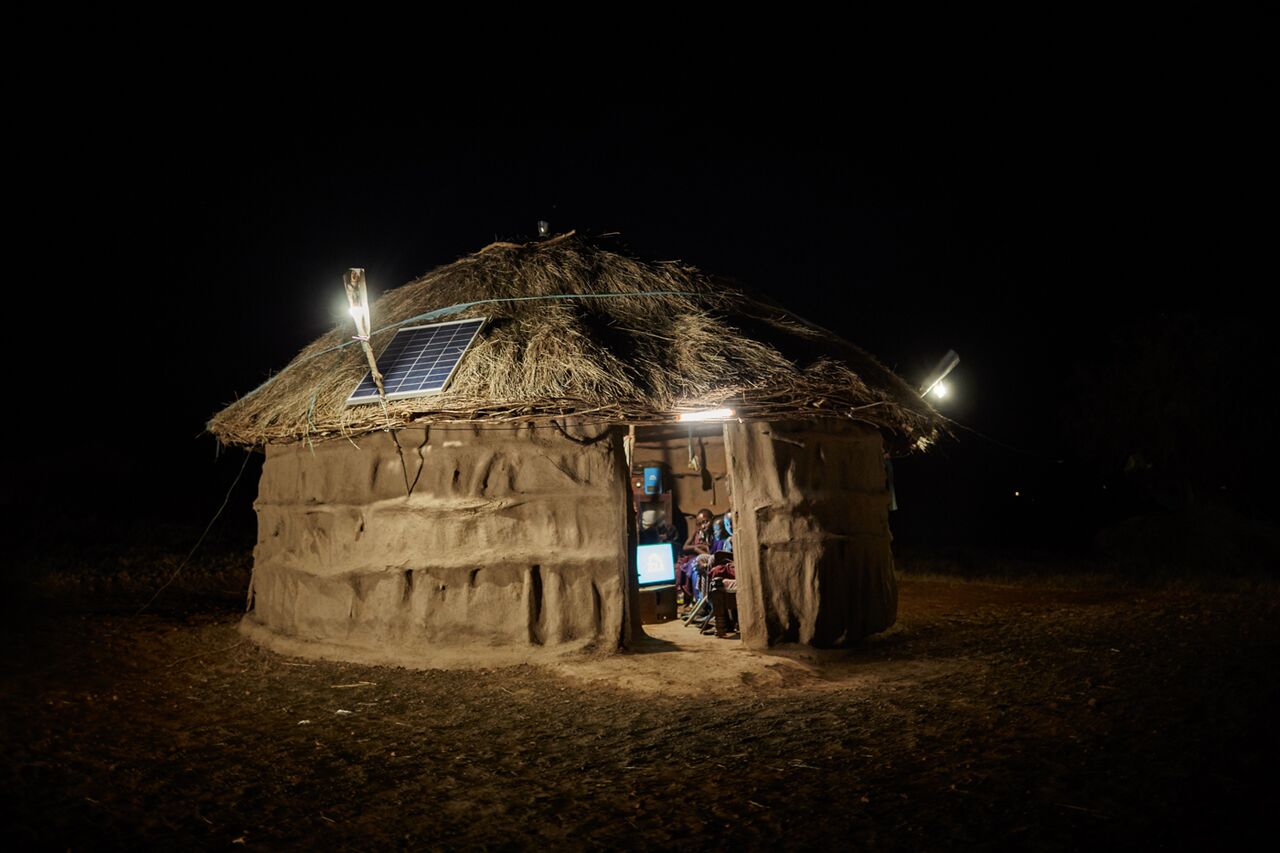
World Bank Group has set up a “global international partnership” to support the deployment of energy storage in developing countries, just a few months after committing a US$1 billion sum to the sector.
That earlier investment injection, aimed at ‘mobilising’ up to US$4 billion in investment for battery storage in developing countries was announced in September, starting off a “global programme to accelerate investments in battery and other energy storage media for energy systems in developing and middle-income countries”.
Enjoy 12 months of exclusive analysis
- Regular insight and analysis of the industry’s biggest developments
- In-depth interviews with the industry’s leading figures
- Annual digital subscription to the PV Tech Power journal
- Discounts on Solar Media’s portfolio of events, in-person and virtual
Announced at the One Planet Summit, the investment drive unveiled in September was aimed at enabling the mobilisation of US$4 billion in concessional climate finance from the public and private sectors, geared towards a deployment target of 17.5GW of energy storage by 2025.
Under the World Bank’s criteria, that funding is for: 1. Projects that hybridise solar and storage and displace diesel and other fossil fuels, shifting solar generated energy using batteries to cover peaks in demand. 2. Standalone batteries that can deliver grid services to vertically-integrated utilities and 3. Minigrid or microgrid solutions for remote regions, including islands.
Earlier this week, at another event, the World Bank launched the global Energy Storage Partnership to further support the sector. The idea is to foster cooperation in areas including technology R&D and demonstration, storage system applications, system integration, communications networks and other necessary infrastructure such as energy management systems.
The partnership will have a technology-neutral approach, potentially supporting all forms of energy storage and will focus on “developing and adapting new storage solutions to the needs of developing countries”, thereby creating an economic opportunity by expanding the overall market worldwide, building the sort of scale that can lead to big cost reductions and rapid technological improvements.
The World Bank said in a release that it believes the current market for batteries, driven by the electric vehicle industry, is producing mainstream technologies that “cannot provide long duration storage nor withstand harsh climatic conditions and low operation and maintenance capacity”.
Furthermore, developing countries are not as readily able to access other flexible energy resources such as natural gas to balance their networks as renewables penetration increases. World Bank claims the global Energy Storage Partnership can help to bridge that gap. The partnerships’ initiatives will also look at policy, procurement and regulatory issues as well as technical ones.






